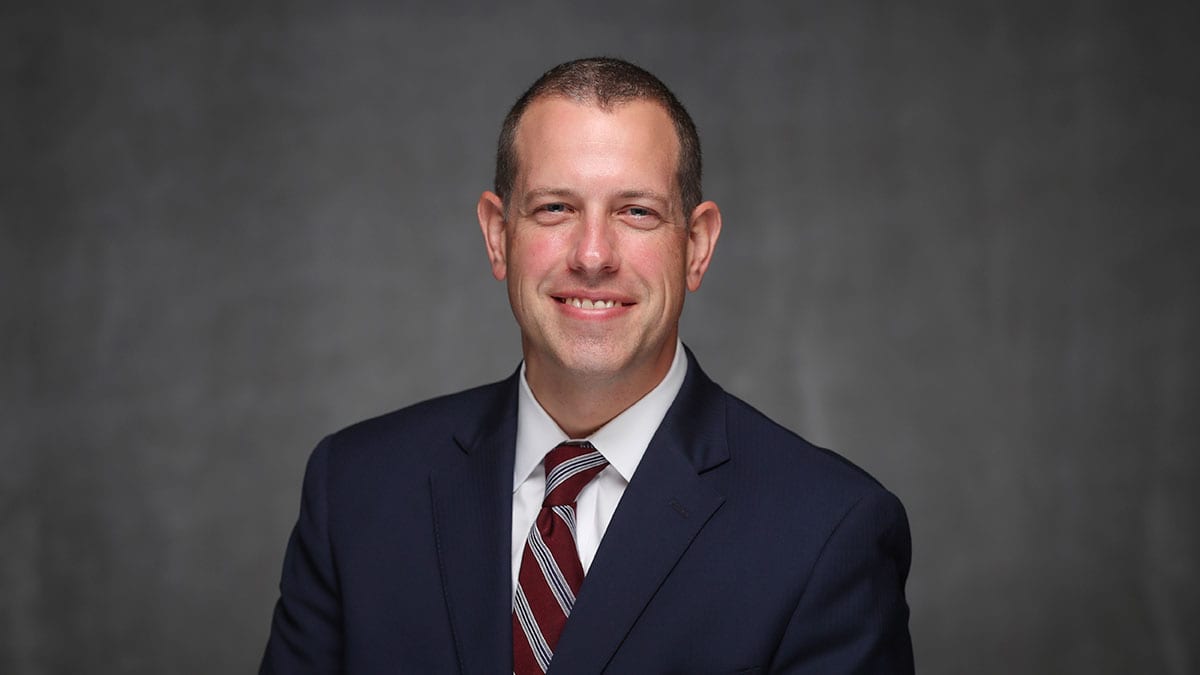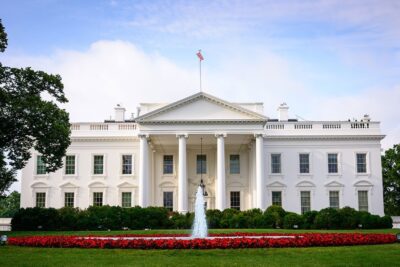4 lessons for higher ed chiefs of staff in improving government relations and partnerships
Chiefs of staff are increasingly being asked to help lead or advise their institutions’ government relations and strategic partnerships efforts, which are crucial to their institutions’ long-term success. To discuss this changing role and offer a look at one chief of staff’s practitioner experience, EAB hosted a working session on “The Chief of Staff’s Role in Government Relations and Strategic Partnerships” featuring an interview and Q&A with Ryan DeBoef, Chief of Staff and Assistant to the President for Governmental Relations at Missouri State University.
Here are four key lessons from the session, based on advice shared by EAB experts and Ryan:

The chief of staff is an ideal candidate to take on government relations work
The chief of staff is a relationship-oriented role that requires building connections with the president, faculty, administrators, staff, lobbyists, and external partners to help advance institutional goals. In addition, because the chief of staff works so closely with, and reports directly to the president, the chief of staff has a better understanding of the president’s priorities than nearly anyone else at the institution. Many chiefs of staff do not have direct reports to help them accomplish their goals; instead, they must convene the necessary team of internal and external stakeholders to achieve a mutually beneficial goal, a skill that translates well to government relations and strategic partnerships.
Chiefs of staff must know the president’s priorities well enough to be able to act and react effectively on the president’s behalf
When Ryan is making decisions and working through legislative issues, he is in regular communication with his president to make sure they are moving in the right direction. At times, however, this is not possible because some decisions need to be made quickly and in the moment. In these moments, the chief of staff must have a deep understanding of the president’s priorities in order to make the necessary decisions to make progress toward institutional goals. This deep commitment to the president and the president’s priorities builds a sense of trust and ensures that the president and chief of staff are in sync, even when they are unable to communicate directly.
In the world of politics, things move very quickly, so you deal with the negative knowing that in 1-2-3 weeks you'll get to your priorities; hopefully, the people you've been working with will see you as a problem-solver and will help you with your priorities.
Ryan DeBoef, Chief of Staff and Assistant to the President for Governmental Relations
Missouri State University
Chiefs of staff must strike a balance between promoting institutional efforts, while responding to pushback from legislators, the press, and the public
According to Ryan, “if you have something negative hanging over you, you have to deal with that first before you can advocate for your priorities.” At times like these (when your institution is in the news for the wrong reasons), legislators are not interested in hearing about funding opportunities for the great projects at your institution. However, in the world of politics, the “story” changes rapidly, so what is in the news now might be forgotten about in a few weeks. Hopefully, the people the chief of staff has been working with during the tough times will see the chief of staff as a problem-solver and will feel favorably toward him/her when the chief of staff is able to move on to their institutional priorities; all that hard work and persistence will pay off in the end.
A major difference between government relations and other external partnerships is in timeline expectations
Both government relations and strategic partnerships are based heavily on relationships. As Ryan says, the two begin in the same way – the chief of staff meets with a potential partner and tries to build trust so that hopefully they can establish a relationship before there is an initiative on the table. However, government relations is different in that legislators are often on a tighter timeline due to the limited nature of legislative sessions (in Missouri’s case, from January to May); in addition, legislators always need to think about getting re-elected, so they often set deadlines with elections in mind. By contrast, many private partnerships last several years and are tweaked periodically over that time.

More Blogs

Responding to federal policy shocks: What we learned from nearly 50 higher ed institutions

University research is at a crossroads. Here are three key questions academic leaders must answer.
